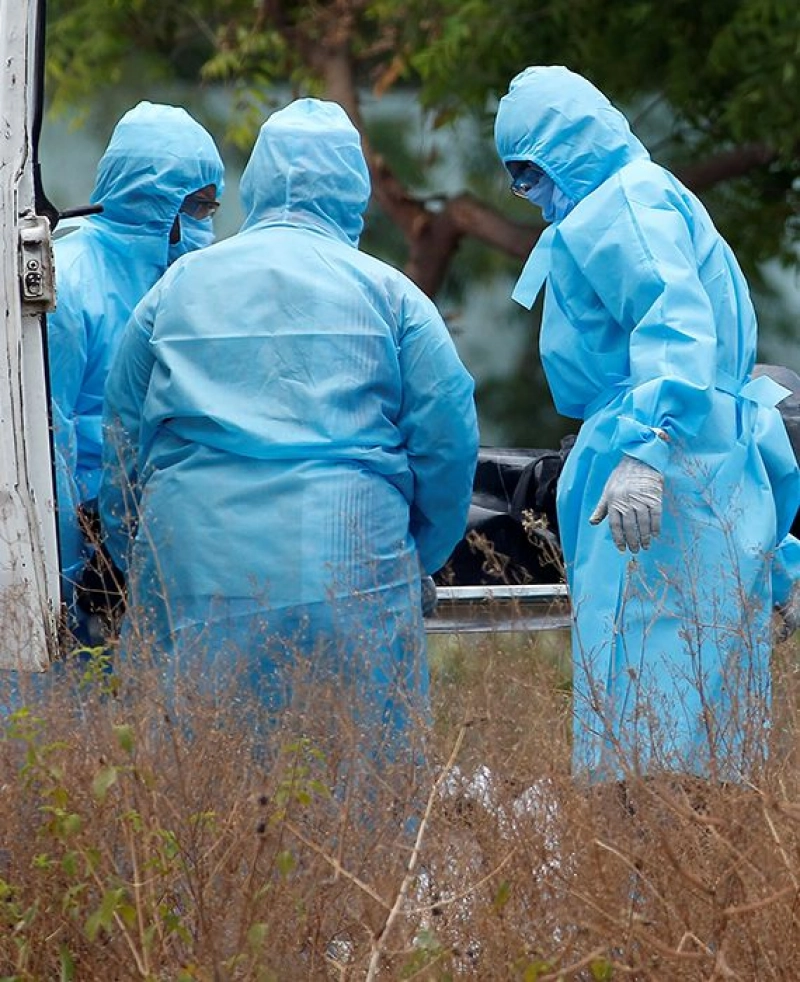By: Madhukar PB
May 11 2020
True: Europe has recorded the highest number of fatalities with 1,24,525 people dying due to coronavirus across the continent.

The Verdict True
European Region has recorded the highest number of deaths due to the novel coronavirus pandemic across the globe.
European Region has recorded the highest number of deaths due to the novel coronavirus pandemic across the globe.The situation report released by the World Health Organization (WHO) as on 27 April 2020 shows the total number of the confirmed deaths due to novel coronavirus pandemic in the European countries is 1,24,525, the highest death toll across the continent. (This data has been received by WHO from national authorities by 10:00 CEST on 27 April 2020). The Worldwide situation news published by the European Union agency- European Centre for Disease Prevention and Control (ECDC) says that as on 27 April 2020, the death toll in the EU countries and the UK combined is 1,21,476. Hence, the above statistical information confirms that Europe has recorded the highest death toll due to the novel coronavirus across the globe. The COVID-19 pandemic has given rise to a lot of potentially dangerous misinformation. For reliable advice on COVID-19 including symptoms, prevention and available treatment, please refer to the World Health Organisation or your national healthcare authority.


